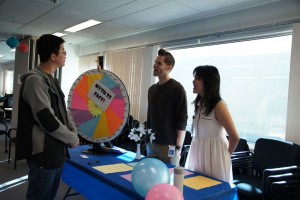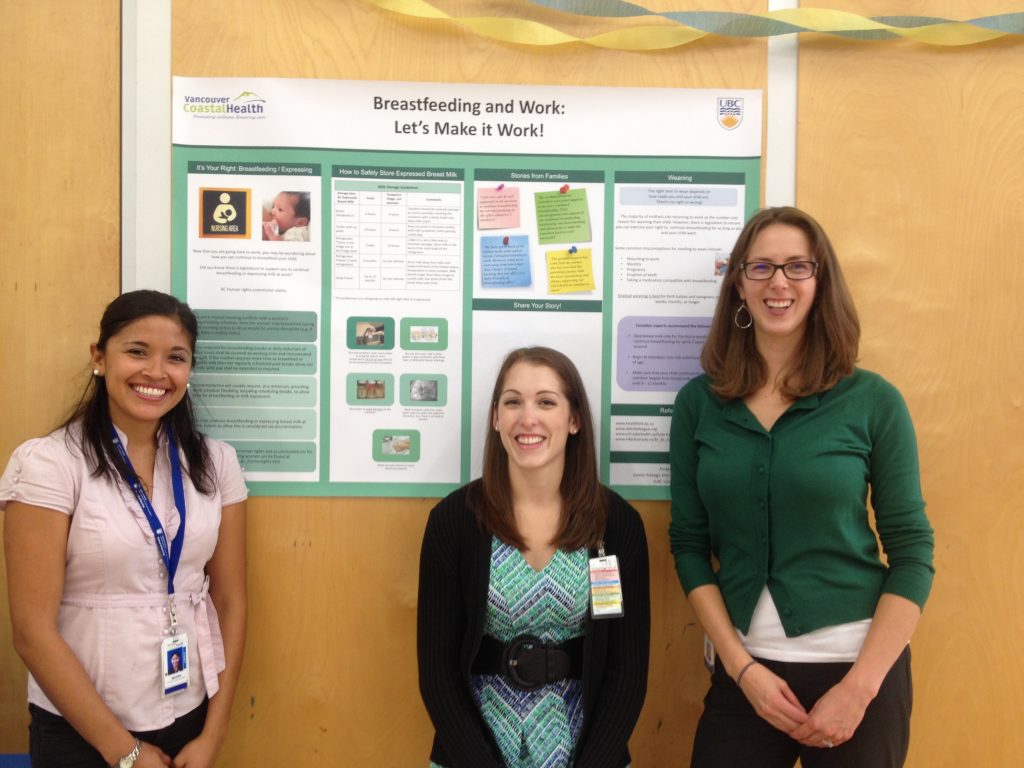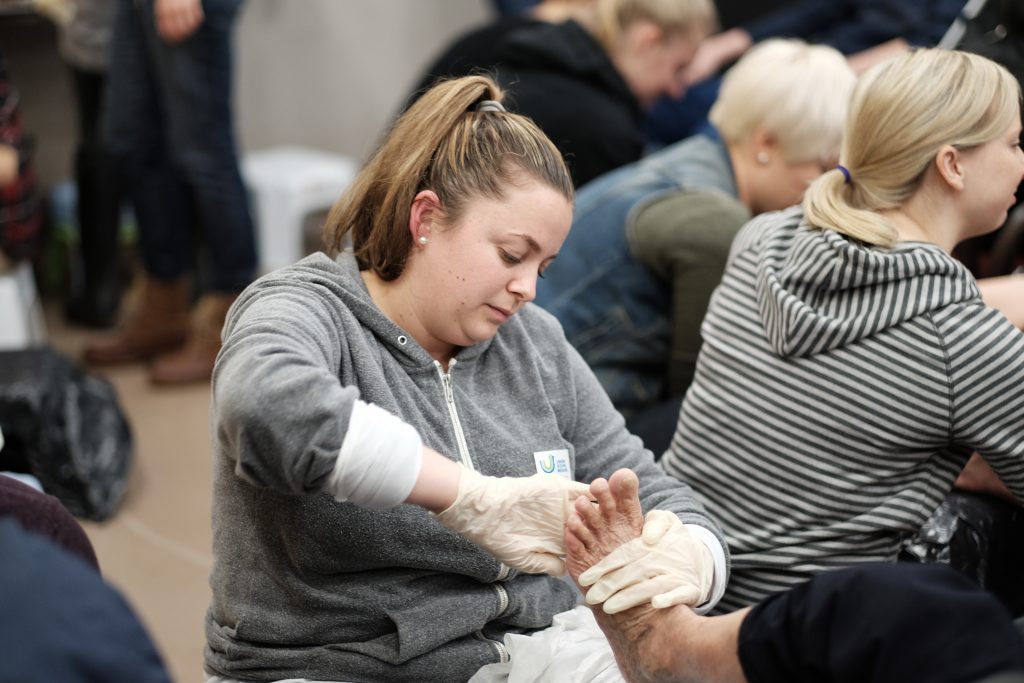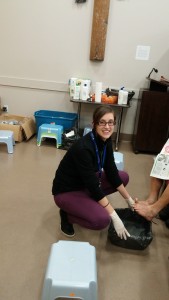By TORI ARFIN
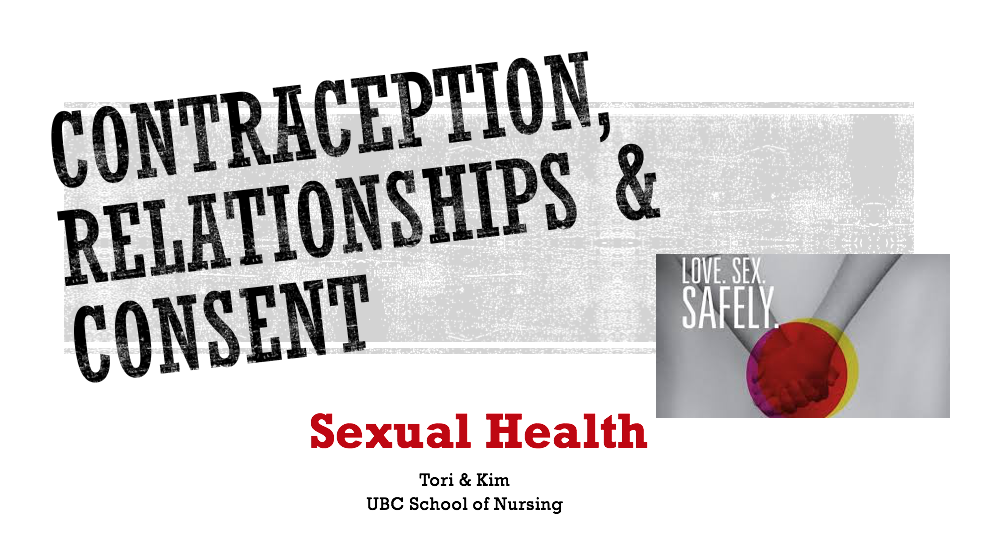
Sexual health education and its presentation to students in schools can be a very controversial topic. Many teachers, participants working with school boards, and parents have mixed views on when and what they want their children to be introduced to. Regardless, this information is imperative for our youth to understand and utilize, when and if they are proceeding in sexual activities. With this information, students can make informed decisions regarding their sexual health and do so in a safe manner. They will also have increased awareness on where to access health services. A study in the Canadian Journal of Public Health identifies that adolescents report their main sources of information is from peers and the media. However, they also knew this information was not always accurate. Additionally, the participants in the study reported not knowing where to access health care services and want improvements.
UBC nursing students took the initiative of teaching sexual health education across various Richmond and Vancouver schools. We approached the lessons in a diverse, open, and inclusive way. This helped to ensure that students were comfortable taking part in the class, asking questions, and increased their understanding that there are many ways to practice safe sexual activities. We used multimedia presentation, activities about statistics, and case scenarios to keep the students engaged and identify correct information. We also stressed where the students could go and call if they had any concerns. Overall, we received great feedback and hope that this helps encourage the dissemination of knowledge by students to peers and aids the students in their future endeavors!
DiCenso, A., Borthwick, V. W., & Creatura, C. (2001). Completing the picture: Adolescents talk about what’s missing in sexual health services. Canadian journal of public health, 92(1), 35.
 Follow
Follow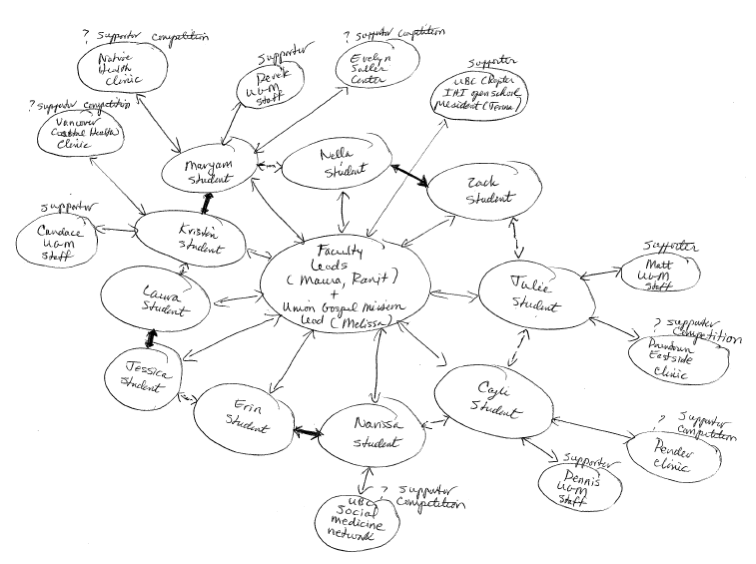
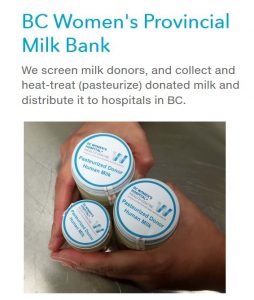
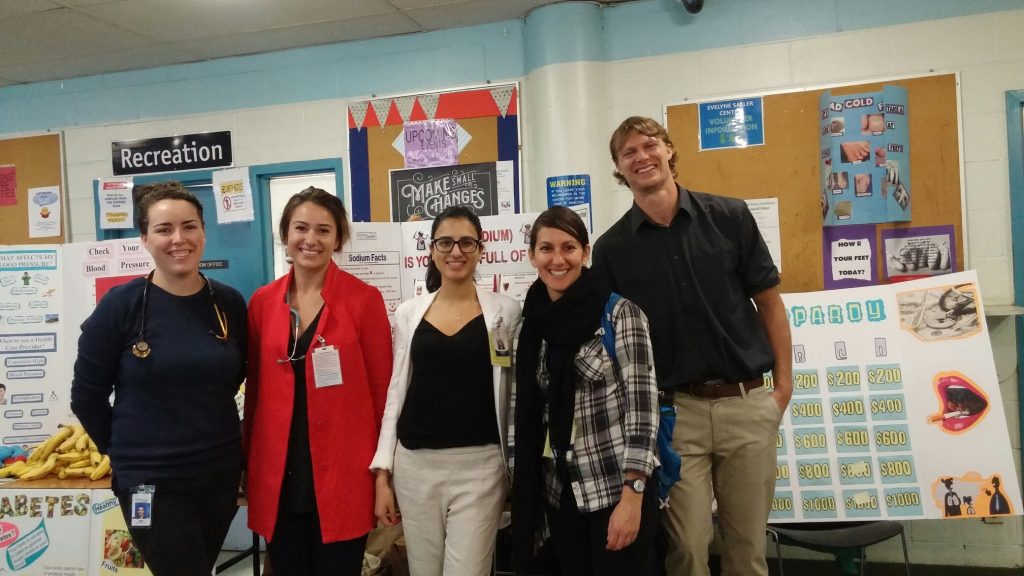
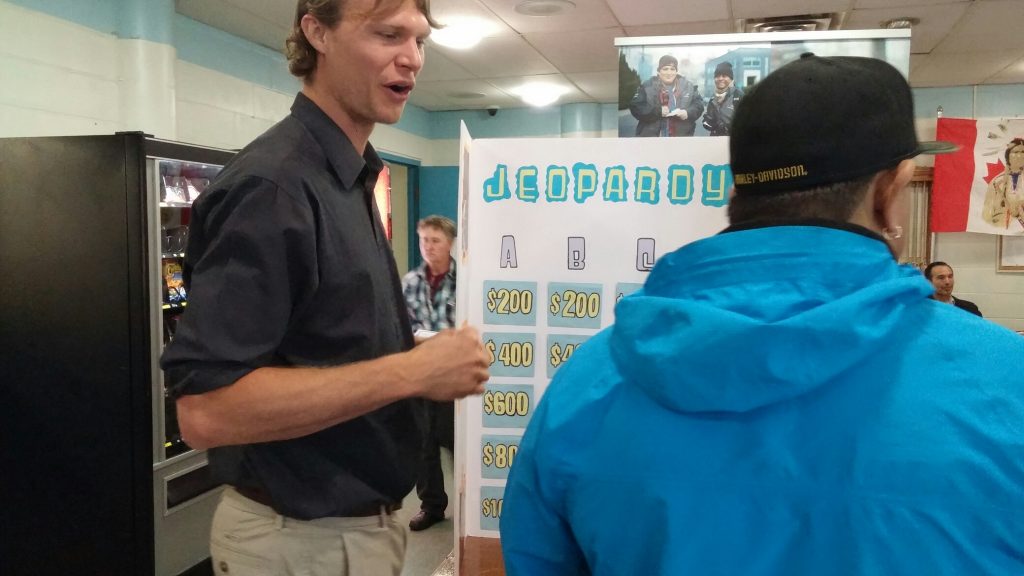
![5IExquw8kT6ULwViQIouvbOW7modmOcaQkRcYaHMe00,9QT-66ek1FN_Fx_cb-zYDQXsqX9z14fZ7-tbxq7sQgQ[1]](https://blogs.ubc.ca/teachingmatters/files/2016/01/5IExquw8kT6ULwViQIouvbOW7modmOcaQkRcYaHMe009QT-66ek1FN_Fx_cb-zYDQXsqX9z14fZ7-tbxq7sQgQ1-300x199.jpg)
